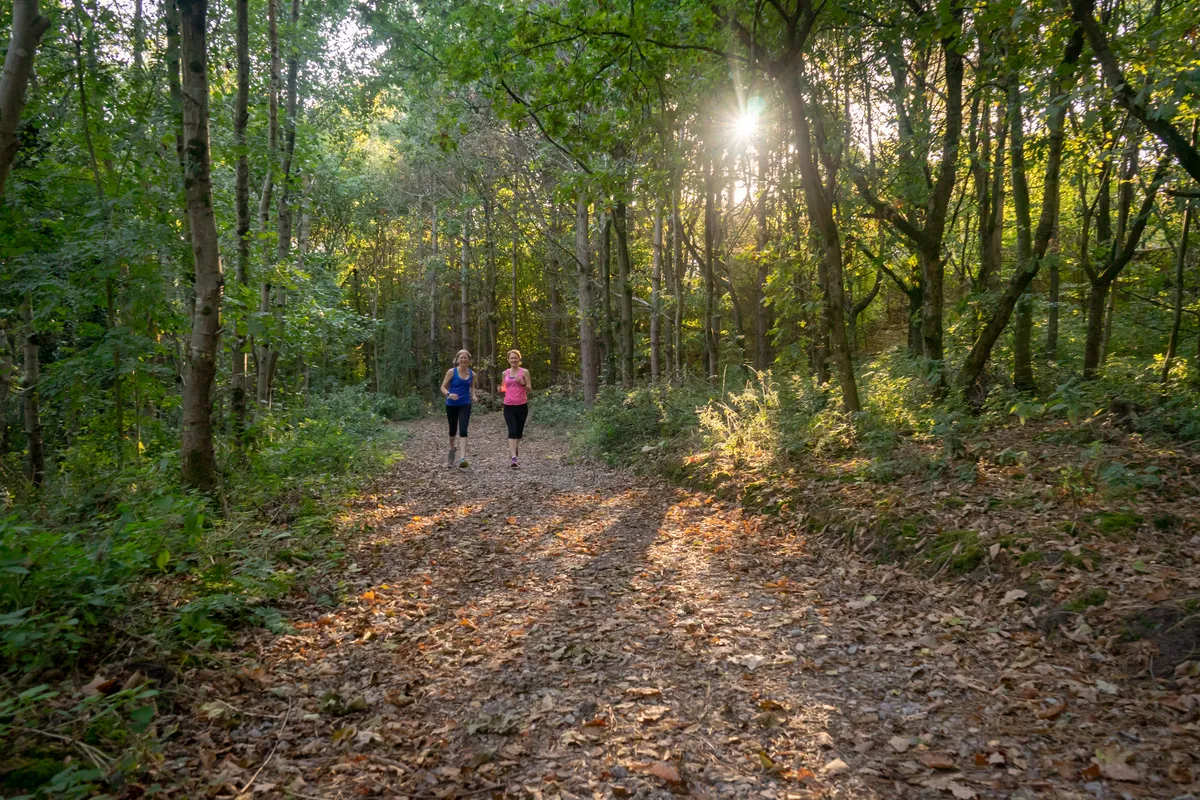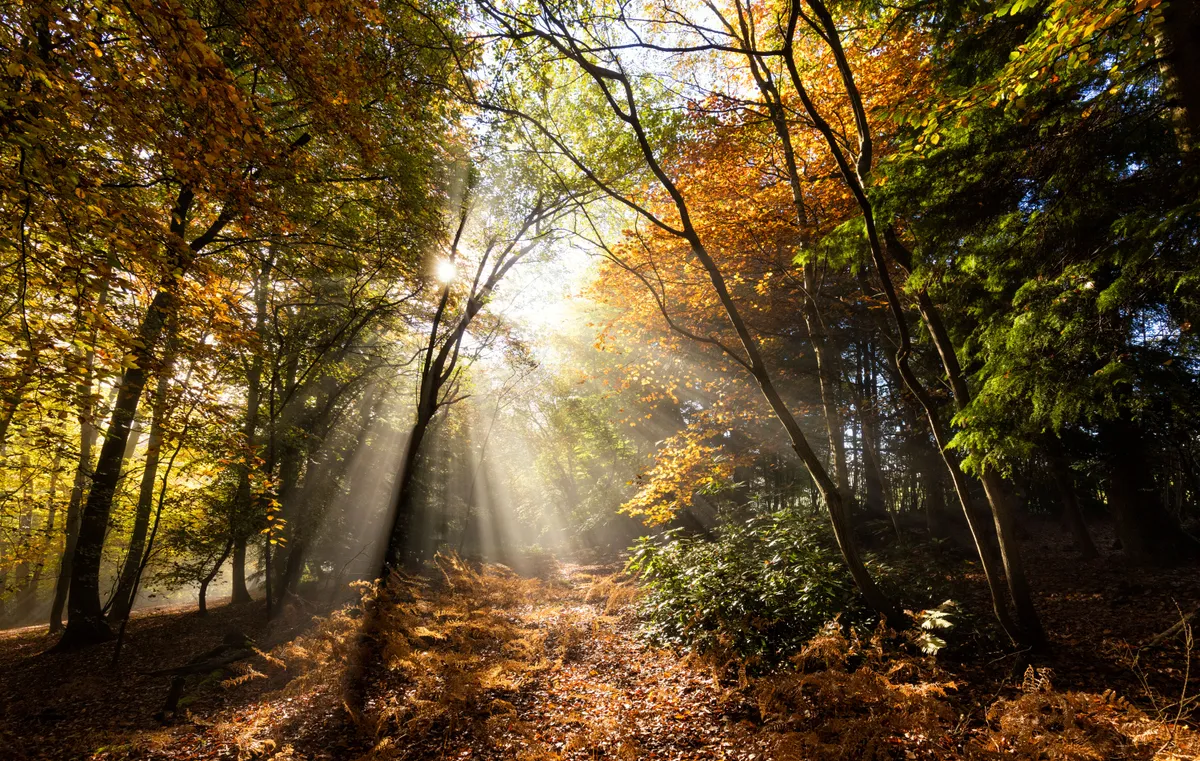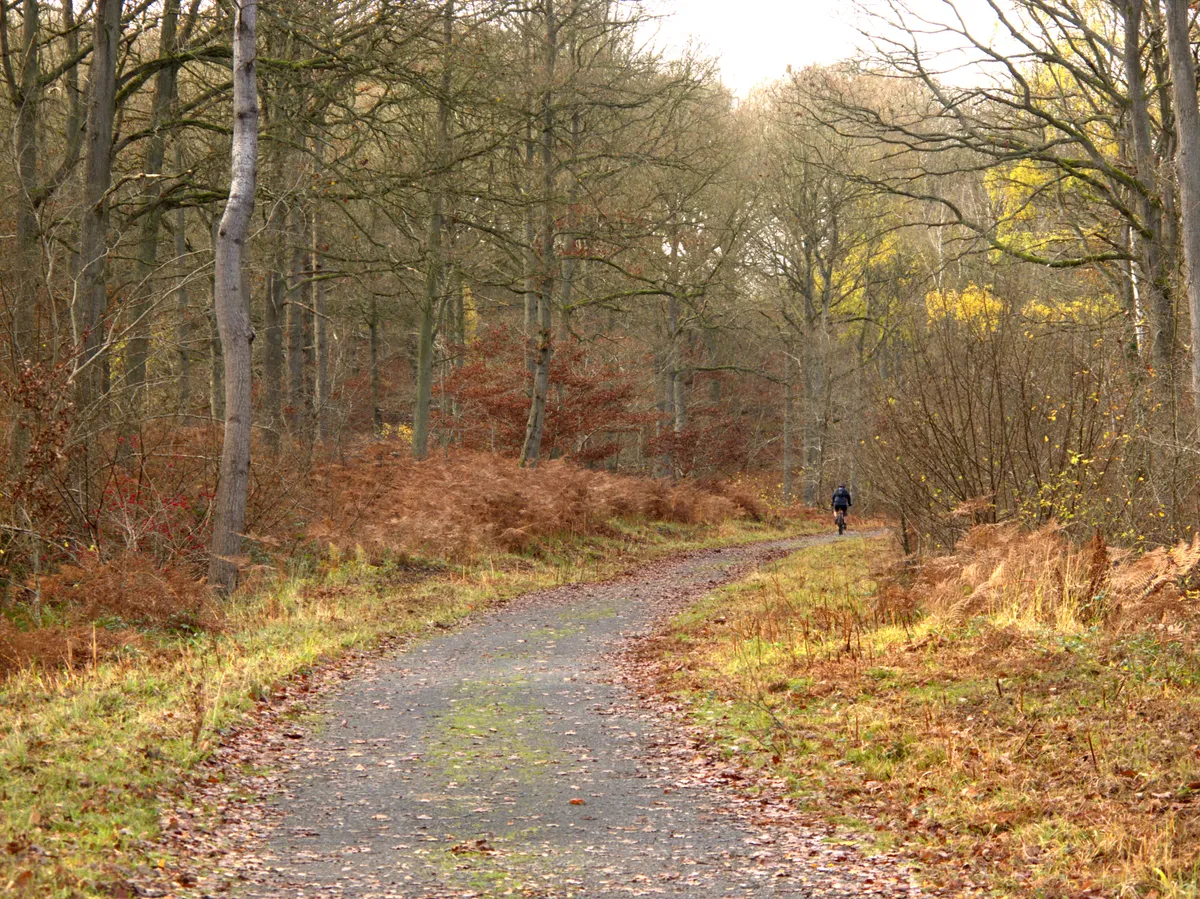It has long been reported that spending time in the outdoors is good for our mental and physical health, yet many of us find it hard to spend much time outside when the days become shorter and colder.
A new survey commissioned by the Forestry Commission found that more than 68% of people in the UK think that they spend too much time indoors during autumn and winter. The majority of people (79%) who agreed they didn’t spend enough time outside said that they regretted it.

Yet studies have revealed that spending time exercising in forests makes physical activity feel easier and more enjoyable, provides a distraction from fatigue, and keeps people active for longer. Being among trees has also been found to reduce stress and improve mood, helping to keep mental health issues at bay or improve them.

But as well as improving physical and mental health, exercising in natural surroundings can help people feel more connected to nature, which has been found to encourage pro-environmental behaviour, in turn helping to benefit the planet.
Ellen Devine, Wellbeing Project Manager at the Forestry Commission, explains: “There is an intrinsic link between our own health and wellbeing, and that of the world around us. The more time we spend in forests, going for a walk, and enjoying ourselves, the more likely we feel part of the world around us, and inspired to do what we can to protect it.”

A report published in 2019 found that 88% of people in the UK agreed that many more trees should be planet across the country, but only 3% of people were involved in voluntary work, tree planting, or community based woodland groups.
Devine believes that more people should be spending time among trees: “A lot of people can feel despondent about climate change, how wildlife is faring and other environmental issues,” she explains. “Spending more time outdoors, connecting with and appreciating the natural world can be a starting point for change. It can re-ignite people’s motivations to stand up and be counted, get active in their community and find ways to make a positive difference.”
For 15 years, Dr Liz O’Brien (Head of the Social and Economic Research Group at Forest Research) has been researching how trees and forests can contribute to people’s health and wellbeing. She says: “Our research has shown how the diversity of wildlife found in forests, the scenery and sense of freedom heightens sensory stimulation and encourages people to take notice of their surroundings and feel better connected to nature. This can improve how they feel about themselves, towards other people and the wider world.”
For these reasons, Forestry England is encouraging people to spend time in forests, inviting people to share their experiences online using #MyForestMoment.
Fortunately, there are plenty of ways to engage in outdoor pursuits among trees. Woodland walks are freely available to everyone, but for those wishing to be more engaged, there are many opportunities to volunteer with helping to manage local woodlands, as well as community groups which exist in forests or woodlands to help people struggling with mental health issues. There are even outdoor gym groups, such as Primal Roots in Bedgebury Pinetum in Kent, which offers running and pilates for health and mental wellbeing.